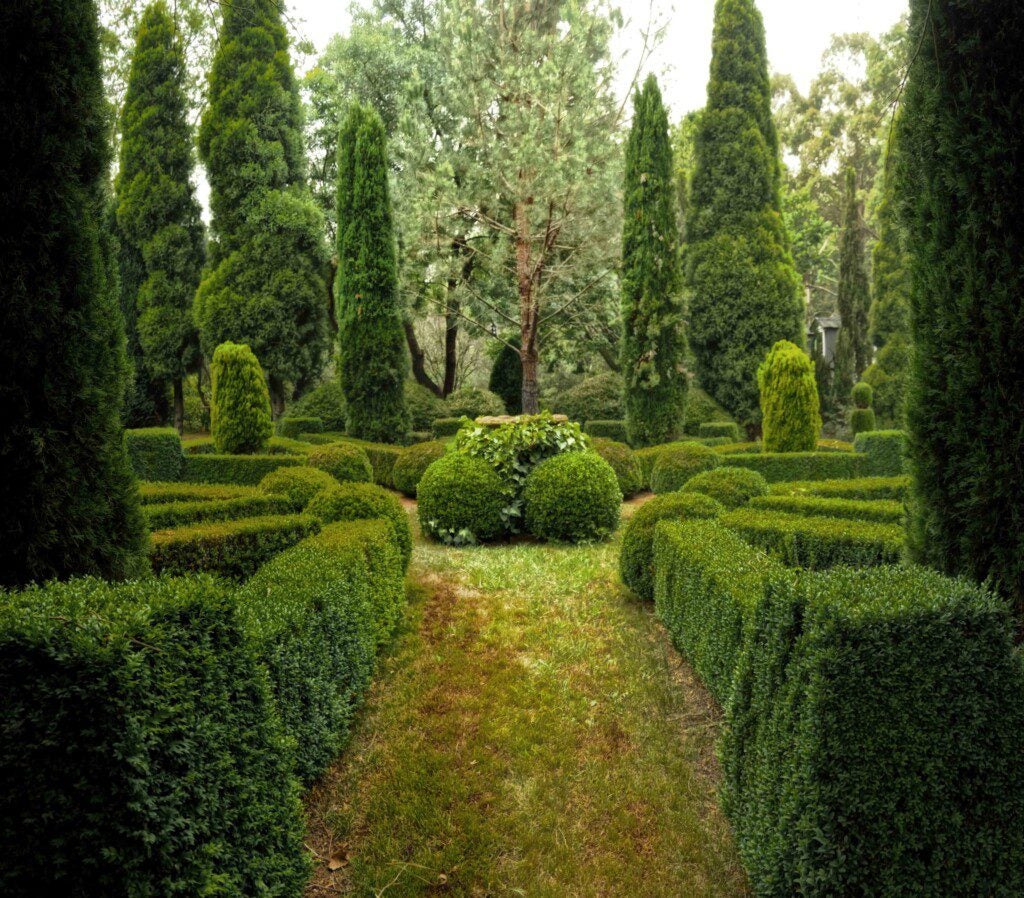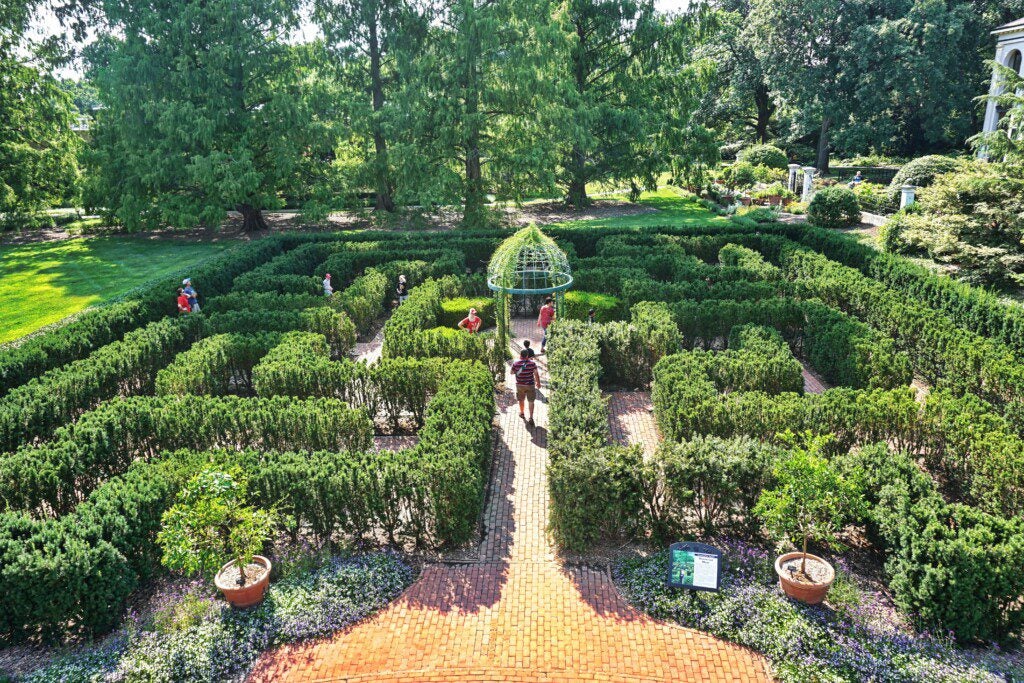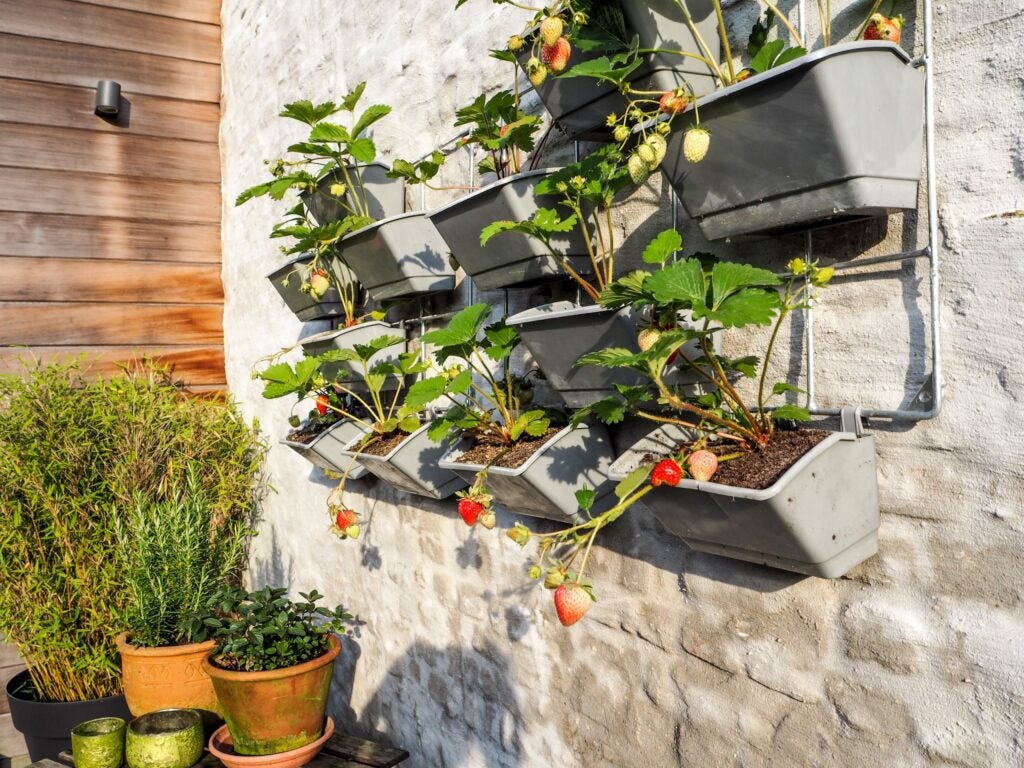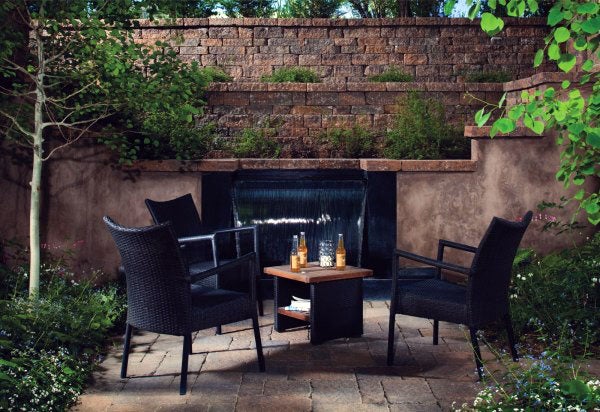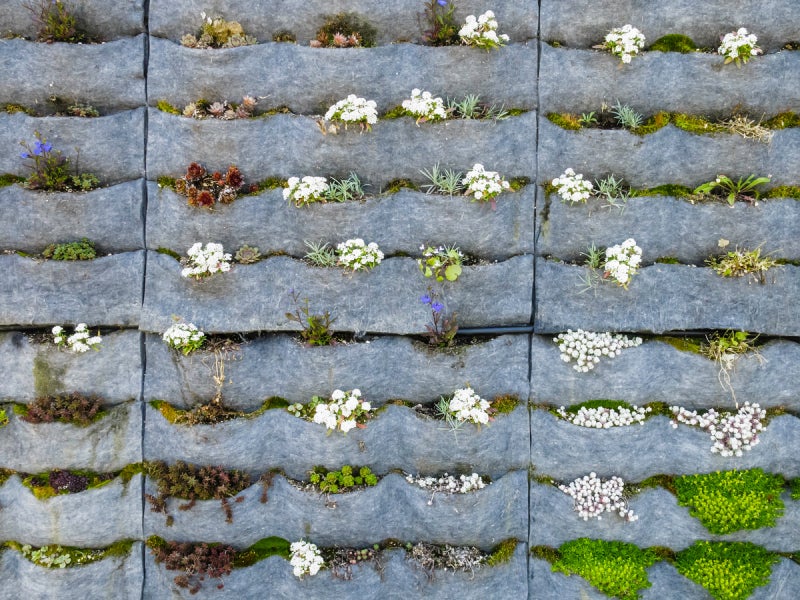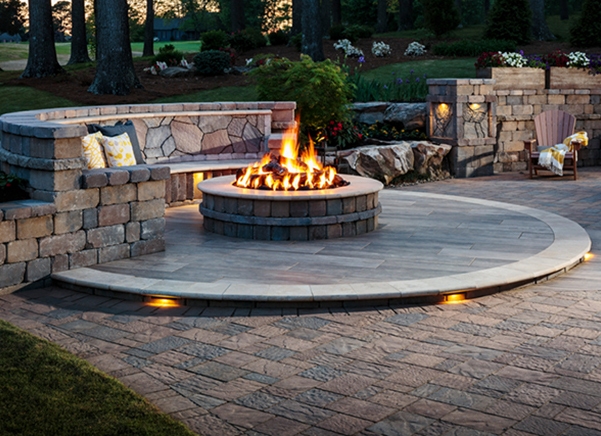Spring has sprung, so what gardening trends can plant enthusiasts expect for 2023? Belgard gathered some insight from national professionals and our in-house team of experts about the top gardening trends they see taking off across the country. To get a perspective from separate geographic regions, we spoke to two independent garden centers, Hicks Nurseries in Long Island, New York, and Louisiana Nursery in Baton Rouge, Louisiana. Despite being located in the northeast and the deep south, both agreed on the trends we’ll see in the garden this year.
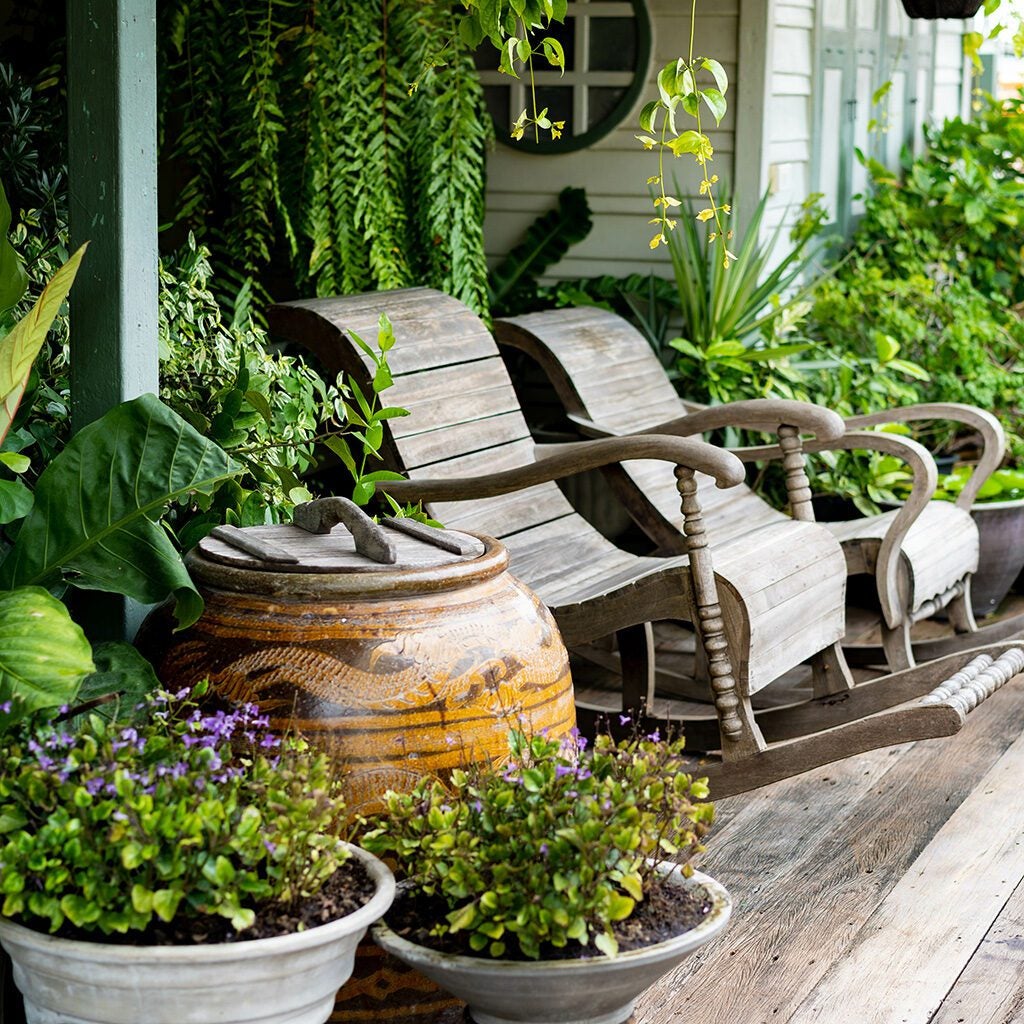
Trend 1: More Time in Outdoor Spaces
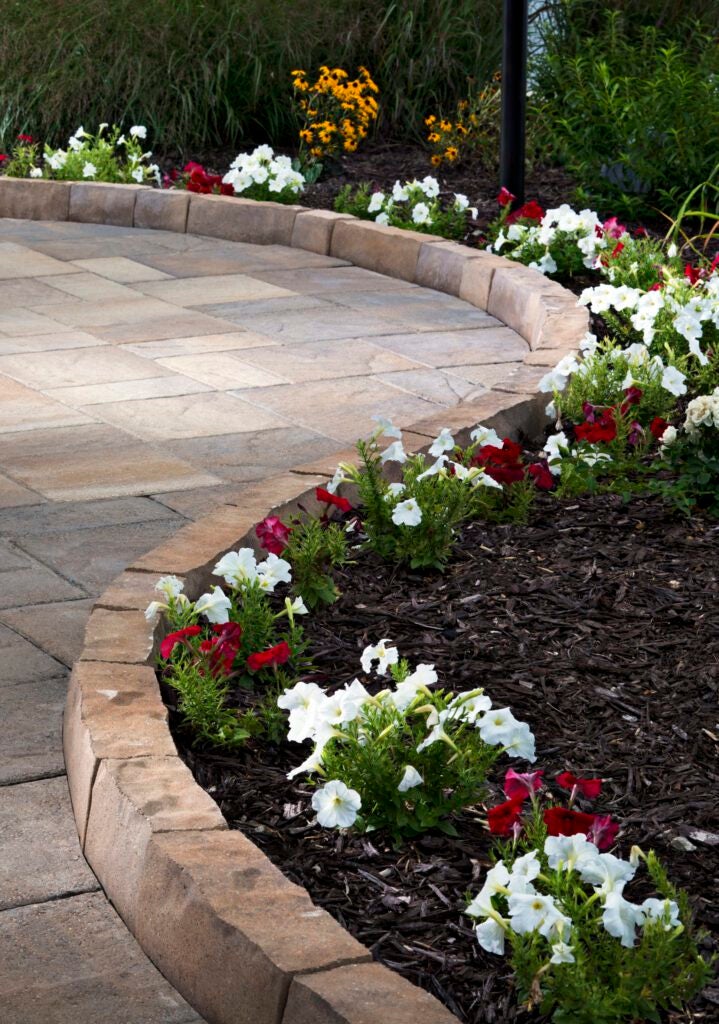
During the pandemic lockdown, as people longed to get outside, an interesting trend occurred. Nurseries were listed as essential businesses and remained open. As people across the U.S. began spending more time in their yards, they also began spending more on plants to beautify their outdoor areas. This trend is continuing in 2023.
“People are getting out of the house and using their backyard, porch or balcony as an extension of their home,” said Karen Musgrave, Certified Nursery and Landscape Professional, Marketing and E-commerce Associate at Hicks Nurseries. “They are creating outdoor kitchens, incorporating seating areas and dining tables—basically living outside as much as possible in the warmer months. Some mimic the design inside their home and extend it outside while others use the outdoor space as a place to go a little crazy and express their personalities.” Known as biophilic design, this trend is based on the idea that humans have an inherent need to connect with nature. They work to weave elements of the natural world into modern environments or bring some of the comforts of the indoors into outdoor living areas. Check out these ideas on incorporating biophilic design at your house.
Trend 2: Growing Your Own Vegetables, Herbs & Fruits
“One of the things we have seen since 2020 in the nursery world is an explosion of all things edible, and that will definitely continue in 2023,” stated Ben Pecnik, Vice President, Louisiana Nursery. “People have become a little more conscious and sensitive to what they’re putting in their bodies, especially the younger generation, so growing their own vegetables, herbs, and fruits that are fresh and organic is becoming increasingly important. We have even seen an uptick in seeding and growing microgreens.” Window boxes or raised beds are great ways to grow vegetables, fruits, and herbs in a small space. There are also a variety of different options and styles whether you choose to build your raised bed directly on the ground or purchase an elevated container.
Musgrave agreed. “People continue to realize that growing your own food is a fun activity and a way to be sure it’s organic and to know where it came from. It’s not hard, and now we are seeing people begin to explore beyond traditional tomatoes, squash and cucumbers, growing Brussels sprouts and edible flowers like nasturtiums and leaning on local garden groups and independent gardening centers for support and advice.”
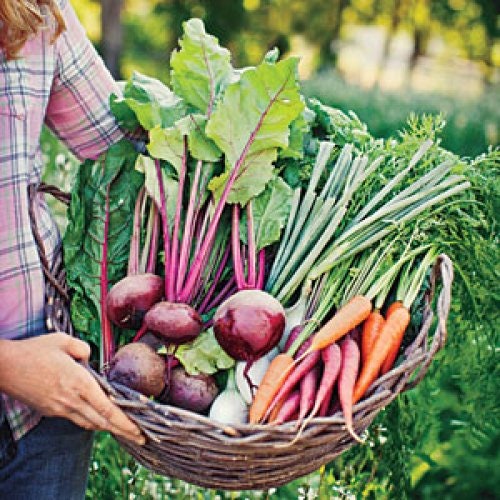
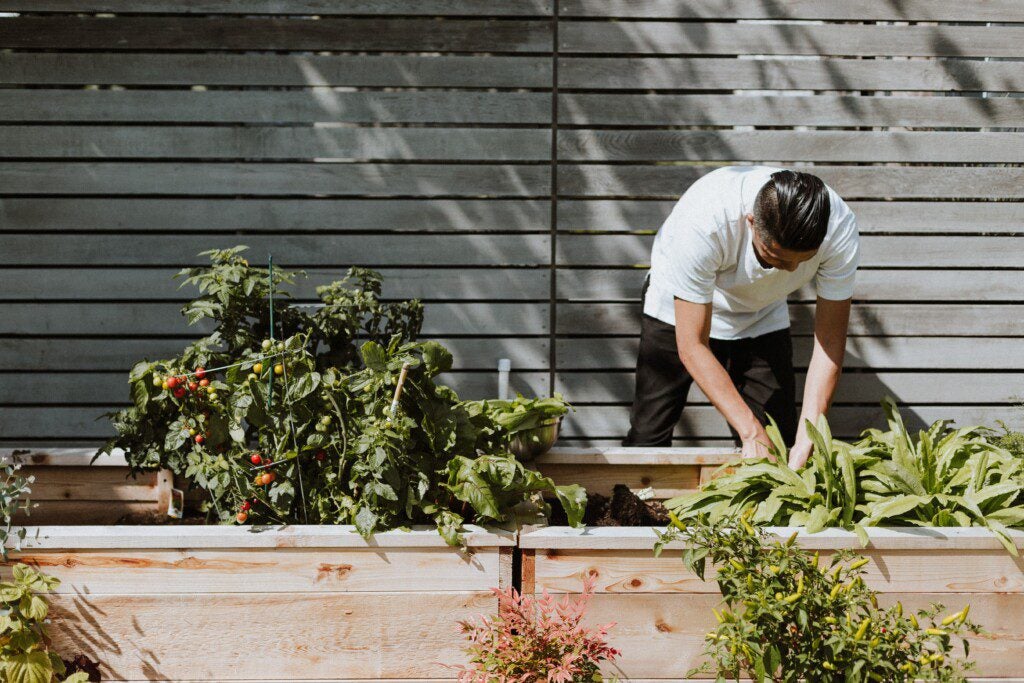
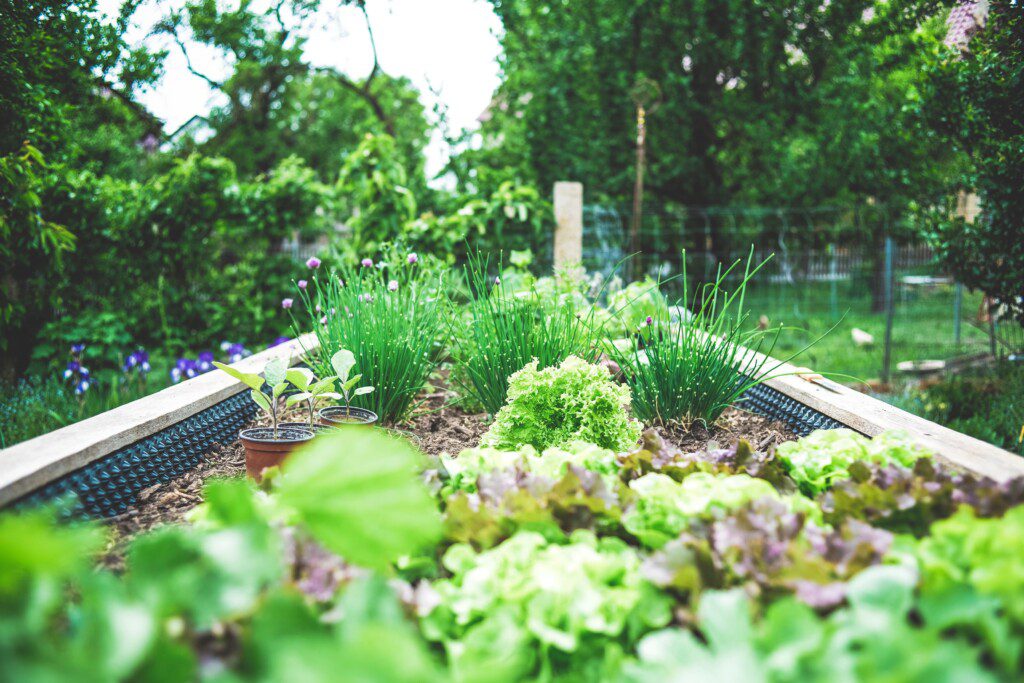
Trend 3: Getting Small with Micro-Gardening & Vertical Gardens
In 2023, the trend continues to move away from huge landscaping and big beds to more micro-gardening or container gardening. Micro gardening involves planting vegetables, fruits, and flowers in a small space, often where plants would not ordinarily be found such as window sills and balconies. “Yards are getting smaller, and more people are focused on patio living,” said Pecnik. “With that, consumers are looking for super dwarf plants and hybrid varieties that grow in a more compact fashion and are less aggressive.” Some of these varieties include Vanessa compact verbena, Crazytunias®, dwarf spreading petunias, and Endless Summer® Pop Star® Hydrangeas.
Within this trend of micro-gardening, many who may not have ample backyard space but still want color and greenery are utilizing vertical gardens. Rather than a flat or horizontal bed, vertical gardens are installed along some type of vertical support – growing plants upward instead of outward. A few tips if considering this type of gardening:
- You should make sure that your vertical garden receives at least about six hours of sun.
- You can use existing structures as your base, or build something like an arbor, gazebo, arches or pergola, or even masonry, hardscapes and wood products. Just make sure the structure can support the weight of the plants.
- Containers, pockets or wall planters can be used to grow your plants or even stand-alone pieces.
- Smaller plants that you would normally plant in containers, such as vegetables and herbs, black-eyed Susans, orchids, ferns, and more, will all work.
- Plants that “trail” or hang (like pothos) are great options providing a cascading effect that offers an additional texture and dimension to your patio or landscape.
- Just like any other garden, make sure you have similar plants grouped together that require roughly the same amount of water and sun.
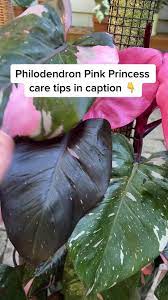
Trend 4: Becoming a Plant Parent
“Plant parenting” is a colloquial phrase referring to anyone who cares for their plants as much as they would care for a pet or family member. Though it was coined by millennials, it is embraced today by Boomers, GenXers, and Zillennials alike. The phrase is most commonly associated with raising indoor plants such as pothos, snake plants, philodendron, succulents and more, but has extended to outdoor container gardening. “People of all generations have fallen in love with taking care of plants and helping them grow, which is very fulfilling,” said Musgrave. “They are growing plants in traditional beds, raised garden beds and hanging baskets, and many are using organic fertilizers and chemicals.”
Trend 5: Incorporating Rare Plants in Your Gardening
With the younger generation becoming involved in gardening, they are seeking out rare plants such as certain varieties of philodendron, monstera, hoyas and a variety of other tropicals. And just like the trend of posting a photo of your food on social media, Twitter, Instagram, and TikTok are blowing up with photos of rare and unusual plants. Don’t believe us? How do you explain #philodendron has almost 2.7 million posts on Instagram?
Trend 6: Creating Unique Zen & Labyrinth Gardens
Another trend in 2023 is people going beyond the traditional garden, incorporating Zen gardens or labyrinths into their landscape.
Zen gardens
A traditional Zen garden is a minimalist dry landscape comprised of natural elements of rock, gravel, sand and wood, with very few plants. Man-made components include bridges, statuary and stone lanterns, with an enclosing wall or fence to separate the space from the outside world. Plants, statuary, pathways, seating, and lighting are just some of the additional elements that can make up a Zen garden. There are a variety of books on the topic as well as online guides depending upon the depth and scope you want to bring to your effort.
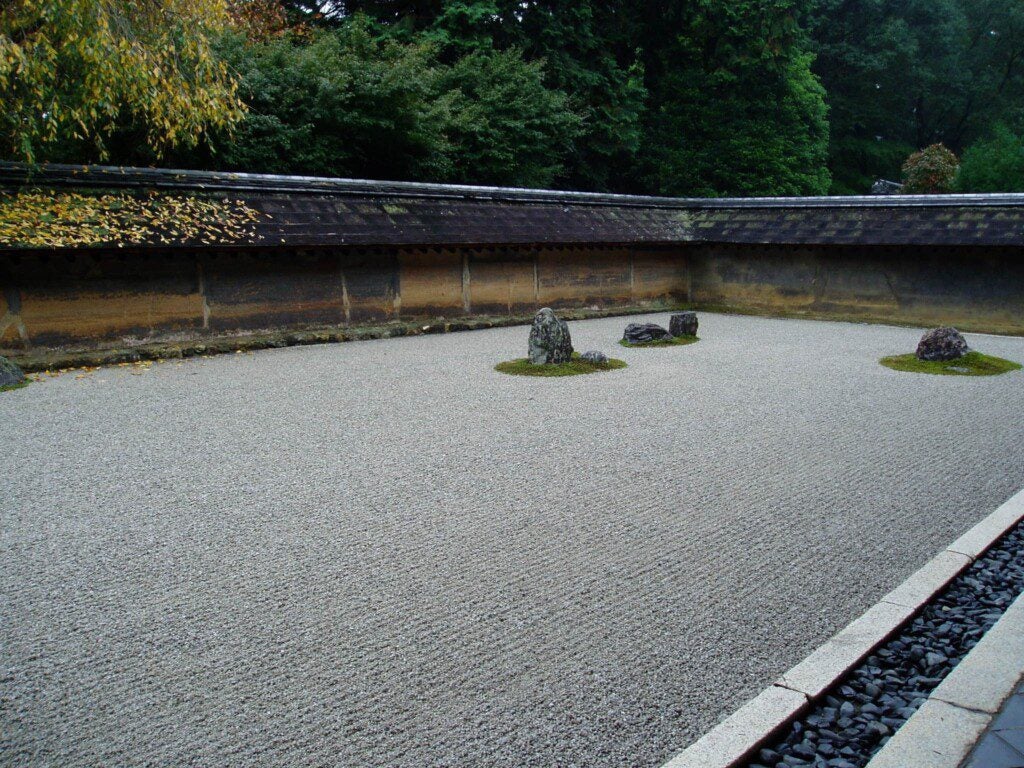
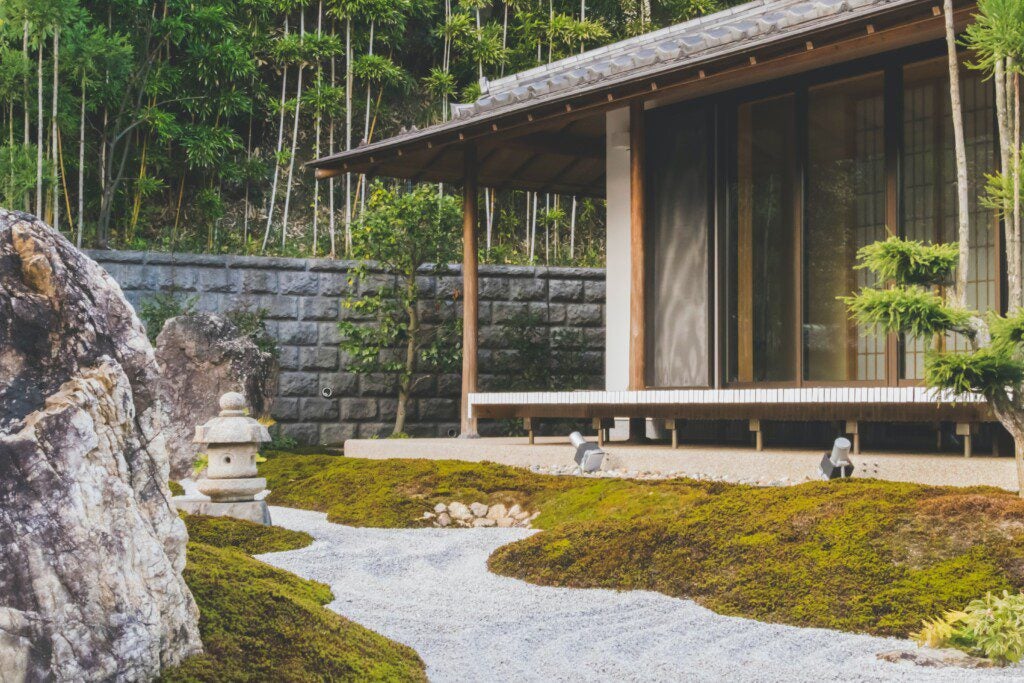
Labyrinths
Labyrinths are a single winding path from the outer edge in a circuitous way to the center. Labyrinths are used worldwide as a way to quiet the mind, calm anxieties, recover balance in life, enhance creativity and encourage meditation. Once found only at spiritual centers or in parks, people are incorporating them into backyards. Just like Zen gardens, there are a variety of books and online guides offering assistance in creating simple or elaborate labyrinths.
